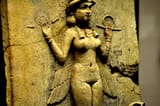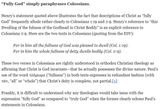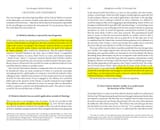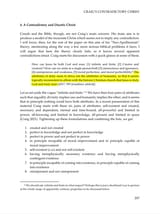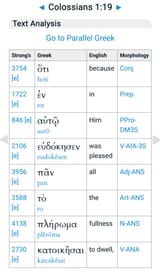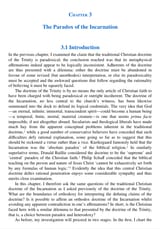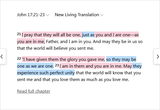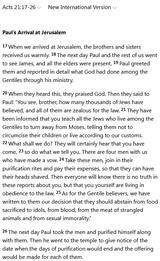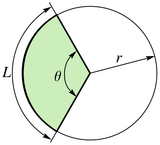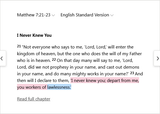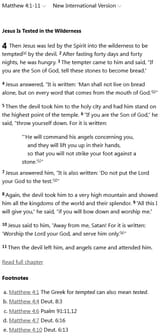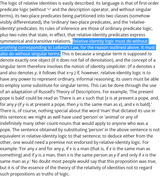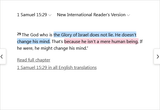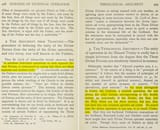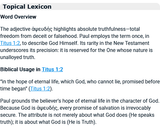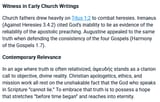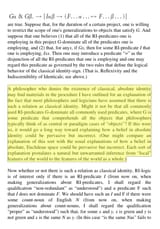>>17928698
>again the attribute of speech never incarnates
The word of God comes incarnate and speaks, and does so in two distinct forms. This is no different from the model of the Trinity that I've been discussing.
>At most you can make the argument that an instance of speech does, however that itself is never God.
That's more of a semantic question of labeling than a disagreement about anything objective
>Yes
Then "you also believe him to be created" is not correct.
>Yes a literal son, as in offspring. That's not the biblical definition though, for example Israel is the son of God and there are others beside Jesus
Then you don't disagree that Jesus can be called the son of God?
Then, in the same way I call Jesus - God's incarnate word - the son of God, when Surah al-Imran is incarnate, in the same way that will be God's son. So you really agree completely, down to sonhood, with my model of the Trinity. You just disagree about the time when God's son will come.
Indeed: since you believe a surah, God's word, will come incarnate, and Bukhari 3435 (
https://sunnah.com/bukhari:3435) calls Jesus "His Word which He bestowed on Mary", wouldn't that indicate Jesus is this same sort of thing, some of God's word incarnate, just like Surah al-Imran will be?
In which case you would have a concrete demonstration of exactly what I meant when I said it could be a quadrinity at some point. If you have the word Isa, the word Surah al-Baqara, and the word Surah al-Imran all incarnate, that would be the core (Allah) and three quasi-independent incarnations: what I would label a quadrinity. But only once those two surahs incarnate, and not now.
So see? Your model, and my model, are really the same.
>On their own they wouldn't be able to do anything yes.
If it isn't an issue for them to be "powerless" (as you say) and yet the incarnate word of God, then neither is it a problem for Jesus to be the incarnate word of God and yet "powerless" (as you label it).

